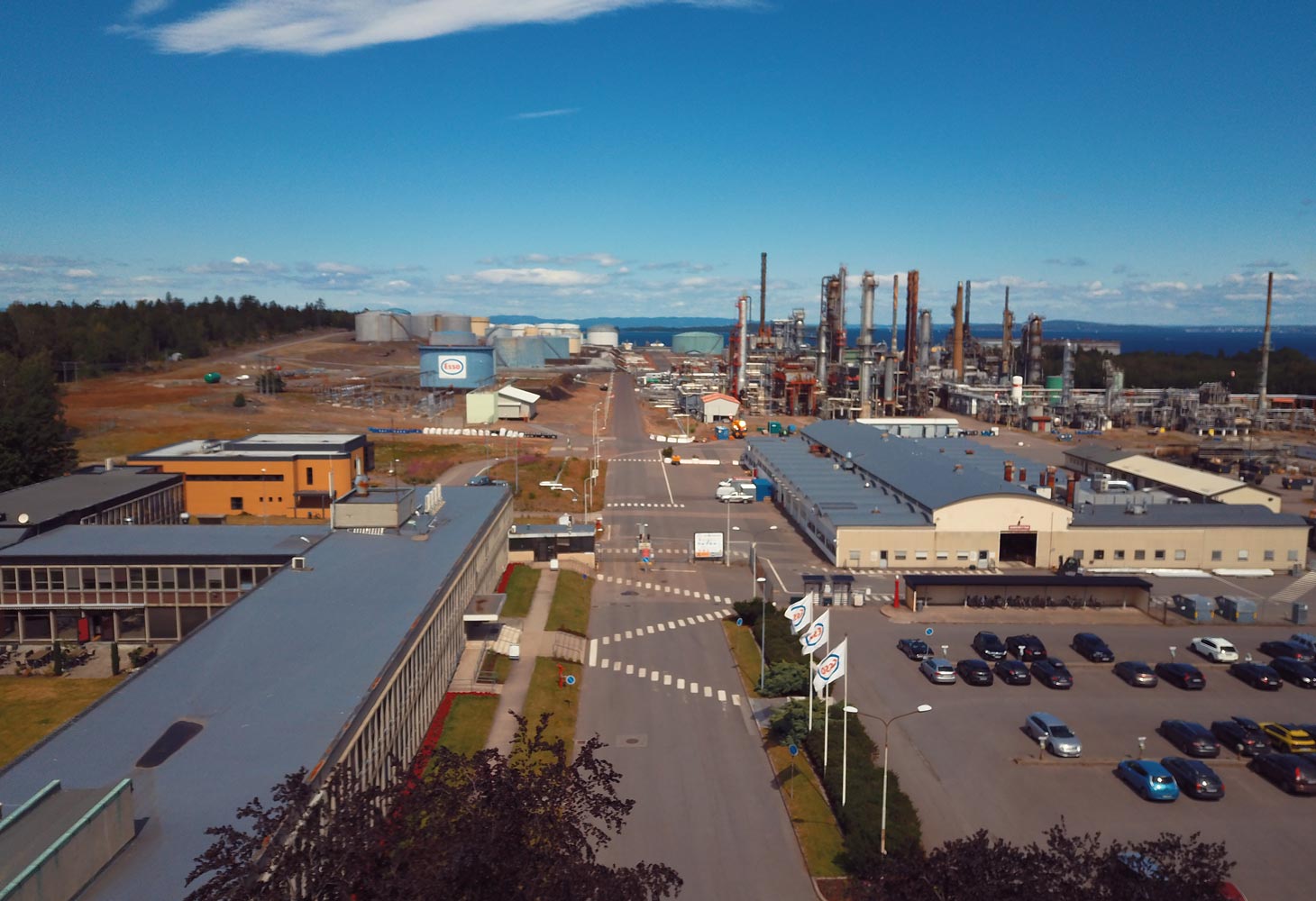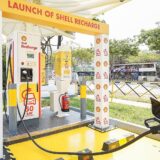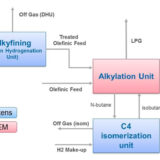
ExxonMobil evaluates closure of Slagen oil refinery
ExxonMobil announced that it is evaluating closing Esso Norge’s Slagen oil refinery and converting it to a fuel import terminal. The Board of Directors of Esso Norge AS has initiated an information and consultation process with employees and their representatives as part of an extensive review of the long-term economic viability of the oil refinery.
The oil refinery, with a crude oil processing capacity of 120,000 barrels per day, is located in Slagentangen near Toensberg in south-east Norway. It was built in 1961 and processes crude oil from the North Sea, exporting about 60% of its production.
Refineries in Europe operate in an increasingly challenging market, characterized by falling oil demand and strong competition, leading to overcapacity in the market. In Norway, demand has decreased for fossil-based road transportation fuels, as electric vehicles continue to gain market share.
Norway became the first country in the world where the sale of electric vehicles has overtaken those powered by petrol, diesel and hybrid engines last year. Battery electric vehicles (BEVs) made up 54.3% of all new cars sold in Norway in 2020, a global record, up from 42.4% in 2019 and from a mere 1% of the overall market a decade ago, the Norwegian Road Federation (OFV) said. Seeking to become the first nation to end the sale of petrol and diesel cars by 2025, Norway exempts fully electric vehicles from taxes imposed on those running on fossil fuels.
“We thank our employees for their tremendous efforts during this challenging time,” said Per-Erik Aasum, president of Esso Norge AS. “We understand the significant impacts a conversion would have on our employees, and we are committed to keeping an open dialogue throughout the process to ensure our employees are treated fairly and with respect.”
If converted to an import terminal, Slagen would import fuel products for further distribution through existing infrastructure. The basis for and timing of a potential conversion to an import terminal will be subject to consultation with employees and dialogue with relevant authorities.
During the course of the evaluation, the Slagen oil refinery will remain in operation to ensure continued, reliable fuel supply. Throughout this process, the company said its priorities will remain the same — meeting the expectations of employees, customers and business partners, while maintaining a consistent focus on safe, reliable and environmentally responsible operations.
Esso has a long history in Norway, with Esso Norge having been established in 1893, and the iconic tiger first appearing as a mascot for the Esso brand in Norway around the turn of the 20th century.
Last year, Esso Norge parent ExxonMobil concluded a deal with Vår Energi for the sale of all of its Norwegian offshore licences for USD4.5 billion, as part of its previously announced plans to divest approximately USD15 billion in non-strategic assets by 2021.
The transaction included ownership interests in more than 20 producing fields operated mostly by Equinor, including Grane, Snorre, Ormen Lange, Statfjord and Fram, with a combined production of approximately 150,000 oil-equivalent barrels per day in 2019.
The transfer of Exxonmobil’s remaining upstream assets in Norway took place on the 10th of December 2019. This was one of the largest economic transactions in Norwegian oil and gas history.
Esso Norge’s downstream activity related to fuels refining and marketing, as well as lubes marketing, was not impacted by this transaction, the company said at that time.













